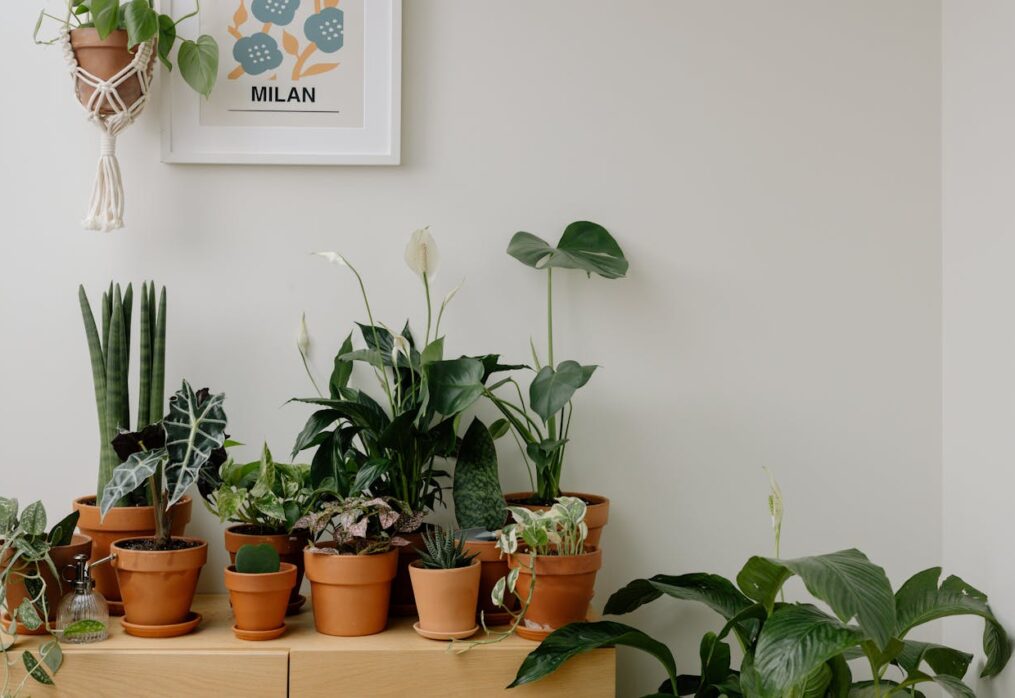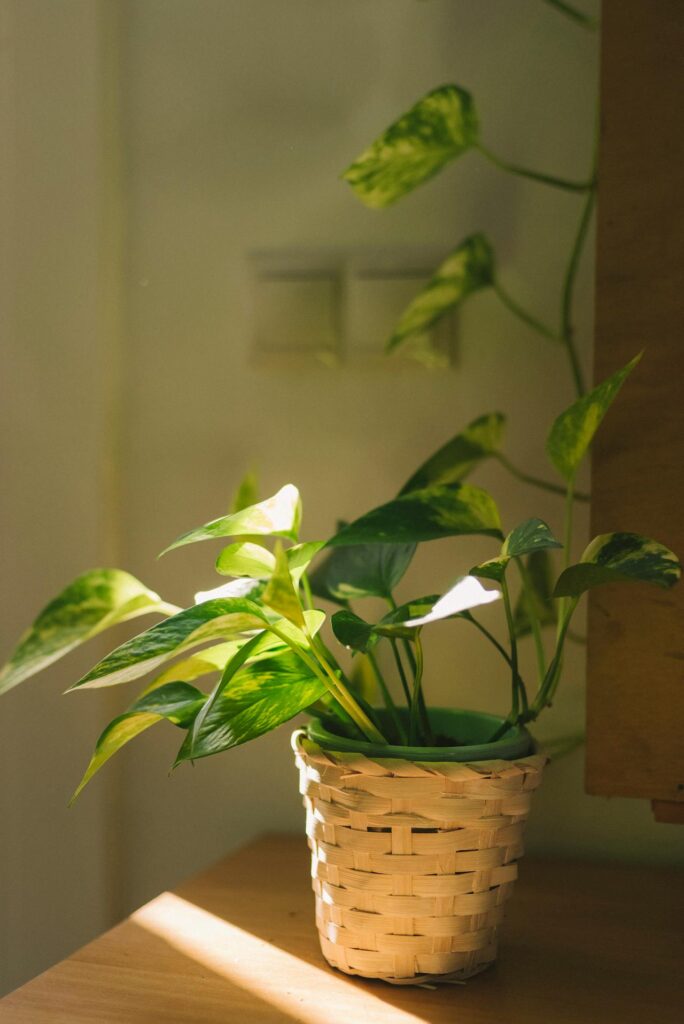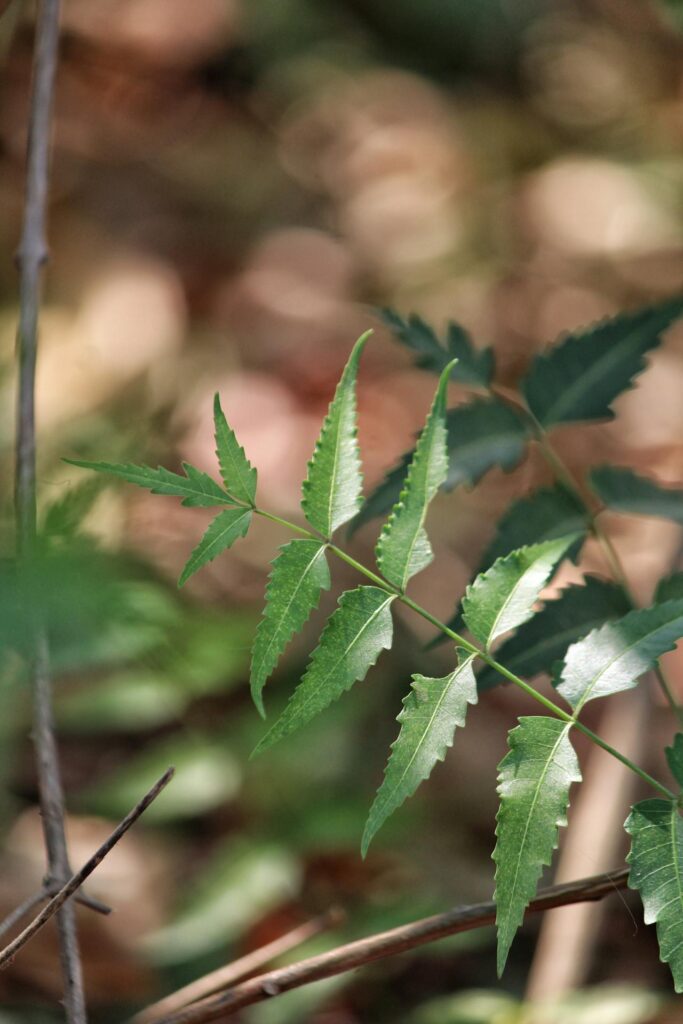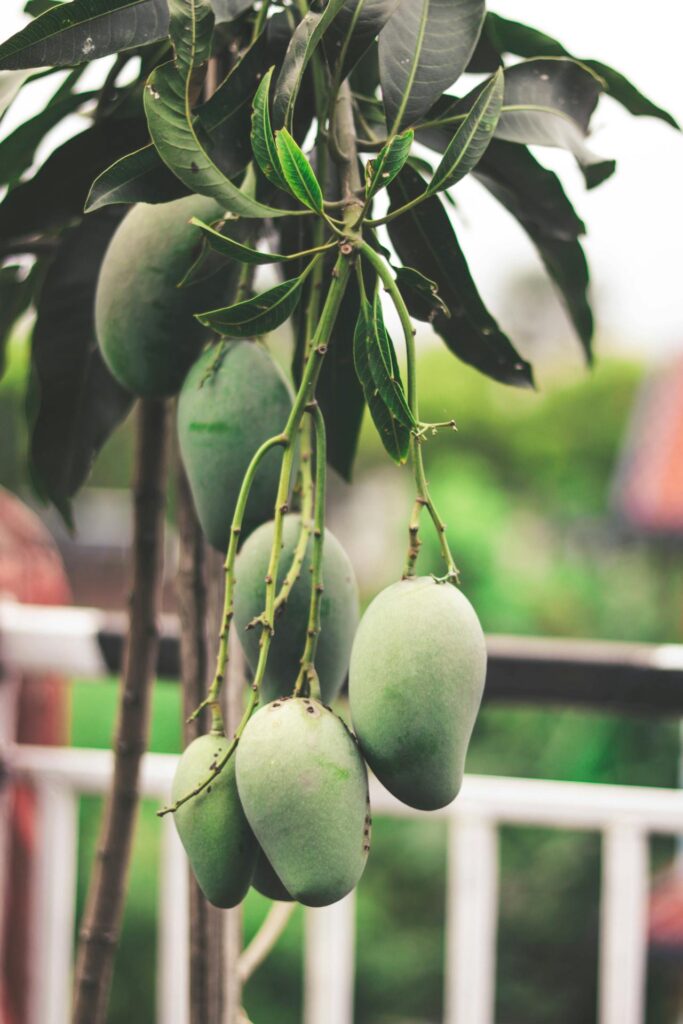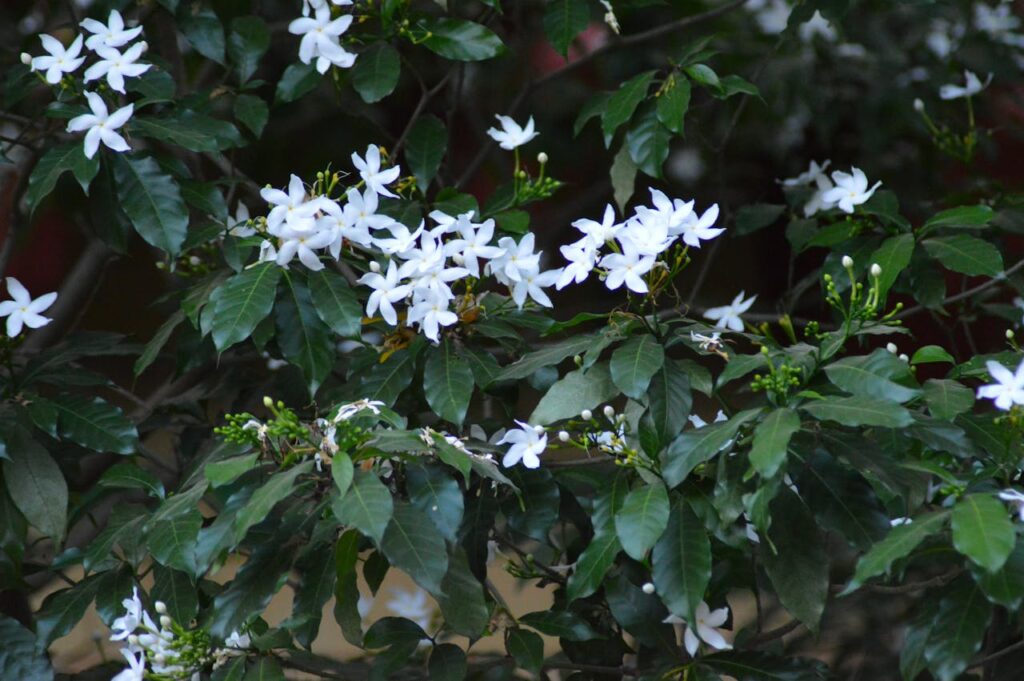Vastu Tips for Home Garden: Which Plants Bring Positivity & Prosperity
Introduction to Vastu for Home Garden
Your home garden is more than just a space filled with greenery—it’s a source of energy, peace, and happiness. According to Vastu Shastra, an ancient Indian science of architecture and design, every plant carries energy that can influence your health, wealth, and relationships. A Vastu-friendly garden can become a magnet for positivity and prosperity.
Why Vastu Matters in Your Garden
Have you ever noticed how some homes feel instantly calming while others don’t? That’s the magic of energy balance. In Vastu, plants play a vital role in channeling natural forces like sunlight, air, and earth’s magnetic fields. When placed correctly, they attract good vibes, financial stability, and emotional well-being.
Direction-Wise Vastu Guidelines for Planting
North Direction – Wealth and Opportunities
Plants like money plant and bamboo thrive best in the north. They are believed to enhance financial growth and open doors to new opportunities.
East Direction – Health and Growth
The east direction represents the rising sun, symbolizing health and vitality. Tulsi, neem, and banana plants are best suited here, ensuring harmony and good health for the family.
South Direction – Protection and Stability
Strong trees like mango and coconut are ideal in the south, as they bring strength, stability, and protection from negative energies.
West Direction – Happiness and Relationships
Fragrant flowers like jasmine and lotus bloom beautifully in the west, bringing joy, peace, and stronger family bonds.
Best Plants for Positive Energy According to Vastu
Tulsi (Holy Basil) – Spiritual and Healing Energy
Known as the “queen of herbs,” Tulsi purifies the environment and promotes spiritual growth. Place it in the east or north direction for maximum benefits.
Money Plant – Attracting Wealth
The money plant, especially when grown in the north, is said to attract prosperity and financial stability. Avoid placing it in the south-east corner.
Neem Tree – Protection and Purity
The neem tree is considered sacred and is believed to ward off negative energies. Its medicinal properties also bring health benefits.
Banana Plant – Prosperity and Happiness
A symbol of fertility and prosperity, the banana plant is often planted in religious ceremonies. Keep it in the east for best results.
Bamboo Plant – Growth and Longevity
This plant signifies resilience, strength, and long life. A bamboo plant placed in the north or east direction can ensure constant growth.
Jasmine – Peace and Harmony
The sweet fragrance of jasmine attracts positivity and love. It is best placed near windows or in the west direction of the garden.
Coconut Tree – Stability and Good Fortune
Coconut trees symbolize life and prosperity. Their placement in the south direction provides stability to the household.
Mango Tree – Growth and Fertility
A mango tree not only provides delicious fruits but also represents prosperity and fertility. It is recommended in the south or west direction.
If you’re looking for a detailed list of indoor plants that align with Vastu principles, check out this guide on Vastu-approved plants for better health and happiness indoors.
Plants to Avoid in Your Home Garden
Avoid thorny plants like cactus, which are believed to bring disputes (except roses).
Do not keep dead or withered plants, as they spread stagnant energy.
Bonsai plants should be avoided, as they symbolize restricted growth.
Vastu Tips for Garden Design
Place water fountains or ponds in the north-east corner for wealth and serenity.
Create seating spaces in the east or north for positive morning energy.
Ensure your garden gets ample sunlight; dark and cluttered gardens block positivity.
As you plan to welcome positivity and good fortune, don’t miss this inspiring list of the Top 7 Vastu-approved plants to welcome the New Year with luck.
Vastu-Friendly Garden Accessories
Wind chimes in the garden enhance harmony and spread soothing energy.
Bird feeders invite chirping birds that bring liveliness and joy.
Use pathways, stones, and garden décor thoughtfully to allow smooth energy flow.
Common Mistakes in Home Garden Vastu
Planting big trees in the north-east corner (blocks growth).
Ignoring regular pruning and letting plants dry up.
Overloading the garden with too many decorative items.
Conclusion
Your garden is like the heart of your home—it breathes energy into your space. By following simple Vastu tips for your home garden, you can welcome peace, health, prosperity, and happiness into your life. Every plant has a story, and when chosen wisely, your garden becomes more than just greenery—it becomes a source of positivity and abundance. To begin the year on a positive note, explore these Top 7 Vastu-approved plants to welcome the New Year with luck.
FAQs
1. Which plant is considered most auspicious in Vastu?
Tulsi (Holy Basil) is regarded as the most auspicious and sacred plant in Vastu.
2. Can we keep money plant indoors as per Vastu?
Yes, money plants can be kept indoors, preferably in the north or east direction.
3. Is cactus bad for Vastu?
Yes, cactus is not recommended as it is believed to bring conflict and negativity.
4. Where should Tulsi be placed in the garden?
Tulsi should ideally be placed in the east or north direction for maximum positivity.
5. Can bonsai plants affect prosperity in Vastu?
Yes, bonsai plants symbolize restricted growth and are not considered good for prosperity.
Last Updated on 6 days ago by Anjali Mehra Ph.D. in Horticulture (Punjab Agricultural University)
- How Long Does Lawn Grass Last After Installation? (2026 Expert Guide) - February 6, 2026
- White Ants in Lawn Grass: Causes & Permanent Solution - February 1, 2026
- Best Grass for Farmhouses in India (Low Maintenance Options) - January 20, 2026
